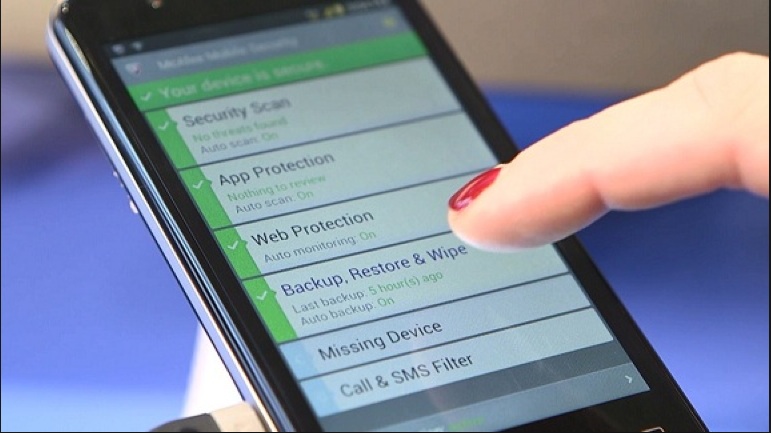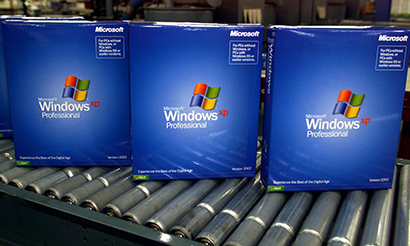One of the big concerns with connecting devices to the public internet is security, particularly when equipment that was never intended to be on the net is suddenly wired up.
When the world’s computers started to be connected to the Internet in the mid-1990s it became apparent very quickly that most of the operating systems then in use were hopelessly vulnerable to security problems.
The worry is the same thing will happen today with the Internet of Things, particularly with household equipment which – if the PC industry’s experience is anything to go by – will open up whole new fields of risk to homeowners.
While having your kettle or home networked hacked could be painful, it’s nothing compared to the risks of infrastructure or vital equipment being compromised.
So GE’s acquisition of security company Wurldtech is an important development as it focuses on the software aspects of its products and the Industrial Internet – GE’s own term for the internet of things.
Techcrunch’s Ron Miller has a good run down on GE’s purchase of Wurldtech where Neil McDonnell, the CEO of the acquired business, describes the company’s two pronged approach to security.
First, they do testing to discover vulnerabilities in the system and they certify sites that are secure. Secondly, they provide specific security solutions around a system such as a substation or pump.
For GE, Wurldtech will help them secure existing infrastructure and equipment that’s being connected to the net, what they learn should also help designers of the next generation of equipment build security into their products.
GE’s acquistion of Wurldtech is another example of just how seriously engineering companies are taking security in the internet of things, hopefully those building consumer systems are paying attention too.




